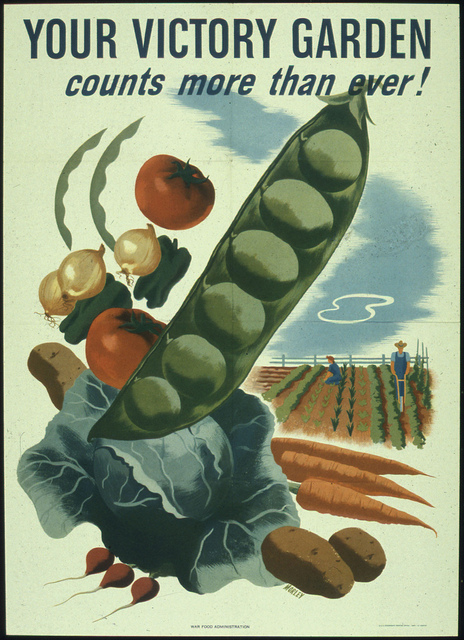
What can social media teach us about the war in Syria, and crisis reporting in general? Fascinating writing by Eliot Higgins, whose blog is a definitive source on weapons used in the Syrian conflict.
Al Qaeda-linked groups bring their experience — and brutal tactics that alienate fence-sitters — honed fighting against Americans in Iraq to the Syrian opposition.
RAND’s Julie Taylor worries about Lebanon, and comments that she believes Syria’s rebels are unable to win at this point in that country’s conflict.
Iraqi Kurdistan sets a 3,000 a day entry quota for Syrian refugees, but many more flee to refugee camps in the territory.
In Egypt, the media’s counter-revolution: at the interim government’s first major press conference a spokesman blames a “conspiracy against Egypt” for the country’s troubles, and reporters eat it up.
How 36 prisoners suffocated to death in the back of an Egyptian police van, and security forces raid a field hospital — “Keep your head low and run.”
Joshua Goodman reflects on the work of five political scientists and what their findings mean for Egypt’s future.
On the aid question: Marian Wang and Theodoric Meyer review US aid to Egypt, Olga Khazan asks what would happen if the aid was cancelled, and Dalia Dassa Kaye argues that aid shouldn’t be cut (via the Arabist). Last month WaPo looked at the contractual issues associated with a decision to cut aid.
Ravaged churches reveal sectarian split feeding Egypt’s violence, and add legitimacy to the government’s violent crackdown. But is the Muslim Brotherhood really solely responsible for anti-Christian violence, and why are security forces permitting attacks? Amira Mikhail has more.
Iraq’s Christians face sectarian violence, as well, and many are leaving the country.
A new Brookings reports asks if South Sudan is on the verge of collapse.
At Mexico City’s memorial to victims of violence, graffiti relays messages of loss, grief, and questioning.
Michael W. Lewis argues that drones are the “most humane form of warfare ever,” able to surveil targets for long periods, strike when civilian causalities are least likely, and often kill less innocents than the alternatives. On the subject of drones, despite recent setbacks the Navy’s plan to develop carrier-based UCAVs continues. The word “revolutionary” is often overused, but in this case it’s apt.








0 comments
As always, thanks for the helpful, diverse links.
Thanks for the kind words.